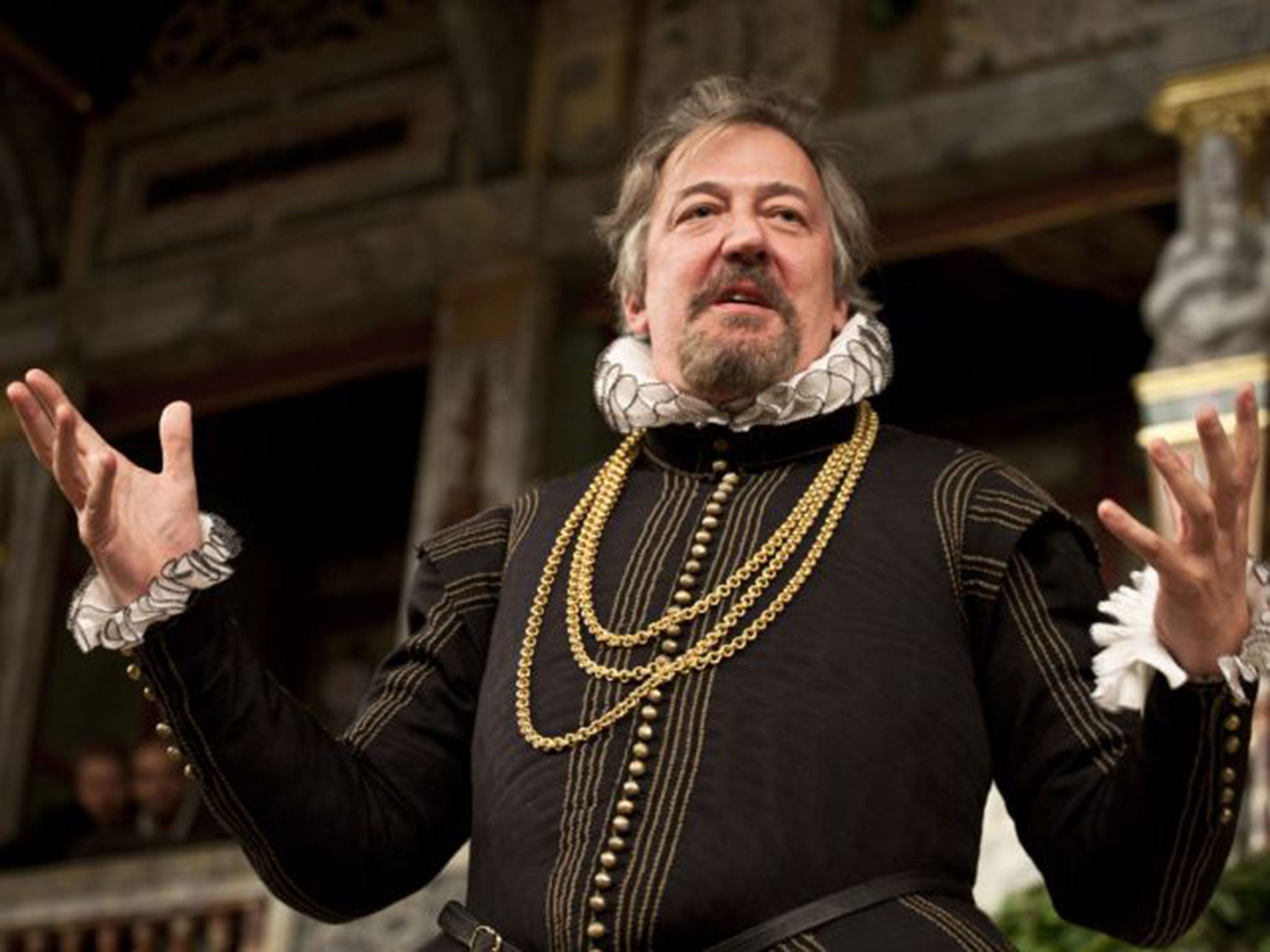Twelfth Night at a glance: Your brief guide to the ultimate comedy of love
Twelfth Night, or What You Will was probably finished between 1600 and 1601 and first performed in 1602

Your support helps us to tell the story
From reproductive rights to climate change to Big Tech, The Independent is on the ground when the story is developing. Whether it's investigating the financials of Elon Musk's pro-Trump PAC or producing our latest documentary, 'The A Word', which shines a light on the American women fighting for reproductive rights, we know how important it is to parse out the facts from the messaging.
At such a critical moment in US history, we need reporters on the ground. Your donation allows us to keep sending journalists to speak to both sides of the story.
The Independent is trusted by Americans across the entire political spectrum. And unlike many other quality news outlets, we choose not to lock Americans out of our reporting and analysis with paywalls. We believe quality journalism should be available to everyone, paid for by those who can afford it.
Your support makes all the difference.Plot
Viola and Sebastian (twins) are separated in a shipwreck. Presuming her brother dead, Viola disguises herself as a man named Cesario. She falls in love with the Duke Orsino, who is infatuated with the Countess Olivia, who becomes infatuated with Cesario.
In a comic subplot, the pompous steward Malvolio is told that the Countess is in love with him and urged to behave accordingly. Meanwhile, Sebastian shows up and is mistaken for Cesario by Olivia. They marry. When the two Cesarios are seen together, Viola reveals her disguise. Duke Orsino decides (luckily) that he loves her and more nuptials are arranged.
Themes
Mistaken identity; familial separation; gender confusion; the folly of ambition.
Background
Twelfth Night, or What You Will was probably finished between 1600 and 1601 and first performed in 1602, The main name refers to the twelfth night after Christmas (the eve of the Feast of Epiphany), which is traditionally associated with revelry and misrule. Malvolio and Viola are generally considered the choice characters for actors. An all-male production at the Globe in 2002 featured Mark Rylance as Olivia, while in 2013 Stephen Fry trod the same boards as Malvolio.
Key characters
Viola: Separated twin, disguised as a boy.
Malvolio: prissy puritan.
Sir Toby Belch: Falstaffian hedonist.
Countess Olivia: widowed noblewoman.
Quotes
* “If music be the food of love, play on.” Duke Orsino is besotted with the Countess Olivia, Act 1 Scene 1
* “Dost thou think, because thou art virtuous, there shall be no more cakes and ale?” Sir Toby Belch’s riposte to puritanism, Act 2 Scene 3
* “Better a witty fool, than a foolish wit.” The Fool’s wisdom, Act 1 Scene 5
* “Some are born great, some achieve greatness, and others have greatness thrust upon them.” Lines, much quoted since, which Malvolio reads from a letter in Act 2 Scene 5
* “I am sure care’s an enemy to life.” Sir Toby Belch warns against mourning, Act 1 Scene 3
* “I was adored once too” Andrew Aguecheek’s tragicomic reflection on age, Act 2 Scene 3
Echoes
A 1937 BBC radio excerpt may have been the first Shakespearean broadcast. The 2004 film Wicker Park features a production of the play, and there are references in Shakespeare in Love (1998) and V for Vendetta (2006). She’s The Man (2006) recasts the drama as a teen comedy.
Join our commenting forum
Join thought-provoking conversations, follow other Independent readers and see their replies
Comments